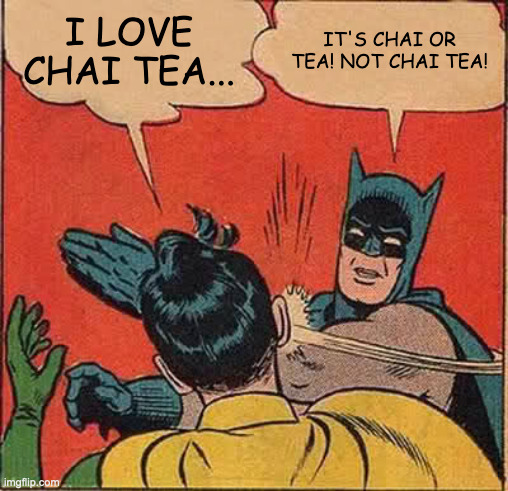Do you feel lost in the alphabet soup of marketing titles?

You’re not alone.
Product Marketing.
SaaS Brand Strategist.
Content Guru.
Creative Strategist.
The list goes on.
It’s enough to make your head spin, right?
The thing is, these titles aren’t just fancy name tags.
They’re a reflection of our rapidly evolving marketing landscape.
Think about it.
When was the last time you saw a job ad for just a “Marketer”?
Probably somewhere between the invention of the wheel and the first iPhone.
Marketing has exploded into a thousand specialties.
It’s like a tree growing new branches every day.
But is this specialization helping or hurting us?
On the one hand, it’s great to have experts.
You wouldn’t want a generalist jumping into the trenches where a specialist is required.
On the other hand, when everyone’s super specialized, who’s seeing the big picture?
It’s a classic case of not seeing the forest for the trees.
So what’s the solution?
Maybe it’s time we took a step back.
Instead of obsessing over titles, what if we focused on impact?
Imagine a world where your job title was “Marketing focused on Growth” or “Marketing focused on Customer Delight.”
Sounds different, doesn’t it?
This approach, which we’ll call “intent-focused titling,” puts the emphasis where it belongs: on results and impact.
It’s not about what you do. It’s about why you do it.
Or said another way:
Instead of going inside out, we design for outside in.
Think of it this way: Would you rather hire a “Social Media Specialist” or someone focused on “Marketing for Community Building”?
The first tells you what they do.
The second tells you what they achieve.
Big difference.
But wait, you might say.
Won’t we lose the benefits of specialization?
Not necessarily.
The key is balance.
Like a great cocktail, you need both specialized ingredients and an overarching flavour profile.
In marketing terms, that means having both deep expertise and a broad understanding.
It’s what the experts call a “T-shaped” skill set.
(I personally prefer the comb-shaped skill set.)
Deep knowledge in one area, wide knowledge across the board.
So, how do we make this work in the real world?
For companies, it means rethinking how you structure your marketing team.
Maybe you need a mix of specialists and generalists.
Or hybrid roles that blend both.
For individuals, it means never stopping learning.
Be a lifelong student of marketing.
Dive deep into your specialty, but always keep an eye on the bigger picture.
Remember, in marketing, the only constant is change.
The tools and tactics of today might be obsolete tomorrow.
But the fundamental goals — to understand, reach, and provide value to customers — never change.
So, next time you’re updating your LinkedIn profile or writing a job description, ask yourself:
What impact am I really aiming for?
That’s your real title.
The rest is just window dressing.
Are you ready to look beyond the labels and focus on what really matters?
The future of marketing isn’t about titles.
It’s about impact.
So, what impact will you make?


Leave a Reply
You must be logged in to post a comment.